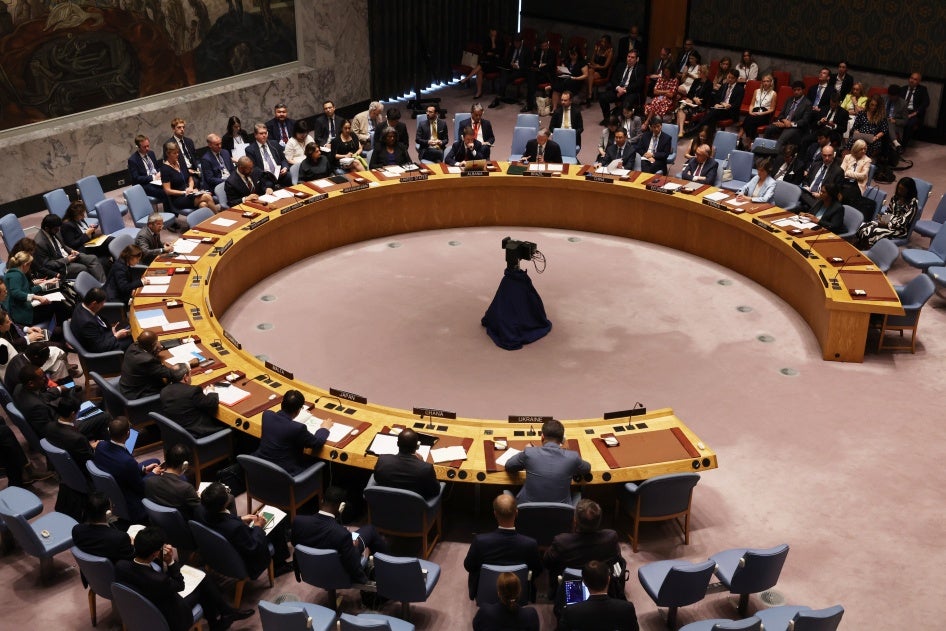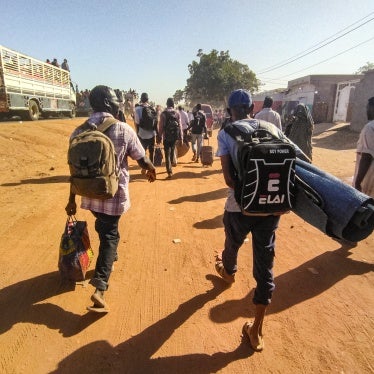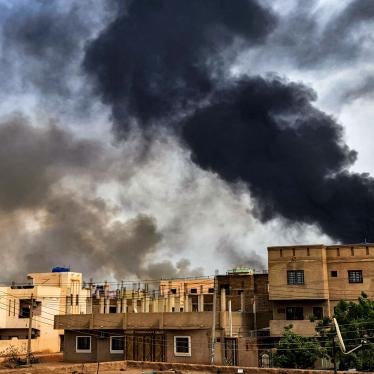The UN Security Council Panel of Experts of Sudan report on Darfur, which is not yet published but already widely shared, makes for a sobering read. The report lays out in detail the waves of devastating attacks by the Rapid Support Forces (RSF) and their allied militias in Sudan’s West Darfur capital of El Geneina. The report also names key individuals with the RSF and militias who oversaw these abuses.
The council has a responsibility to act on these findings.
Human Rights Watch’s reporting has shown all too clearly the gravity of events unfolding in El Geneina and West Darfur over recent years, and particularly the spiraling atrocities since conflict broke out in April 2023. We documented how the RSF and allied militias carried out widespread ethnically targeted killings, sexual violence, and torture against predominantly ethnic-Massalit civilians. The forces have plundered and destroyed entire towns and civilian neighborhoods in the state, sending over half a million people fleeing into neighboring Chad.
In July, the International Criminal Court (ICC) prosecutor both warned the Council that a “human catastrophe” was unfolding in Darfur and decided to include these events into his office’s ongoing Darfur investigations.
So far, outside of powerfully condemning the abuses, the Council has neither explicitly condemned violations of its own arms embargo, nor taken action to rein in abusive actors.
Reports show that the RSF West Darfur commander, Abdel Rahman Joma’a, explicitly named in the panel report, was present in El Geneina during the critical period of abuses between April and June. He was also in Ardamata when his forces rampaged the internally displacement camp there, killing and unlawfully detaining civilians. There are reports that he is now participating in operations in Kordofan.
The panel also recorded credible allegations against the United Arab Emirates for shipping arms and ammunition to the RSF in Darfur via Chad, in violation of the arms embargo.
The council should finally fulfil its mandate to prevent further atrocities in Darfur and act on threats to international and regional security. It can start by adding the names of those responsible for these heinous crimes to the council’s sanctions list as part of a broader strategy to end widespread abuses. Other countries and governmental bodies should use the evidence offered by the report and take immediate action under their own sanction regimes. This will send a clear message that there are serious consequences for such serious crimes.










